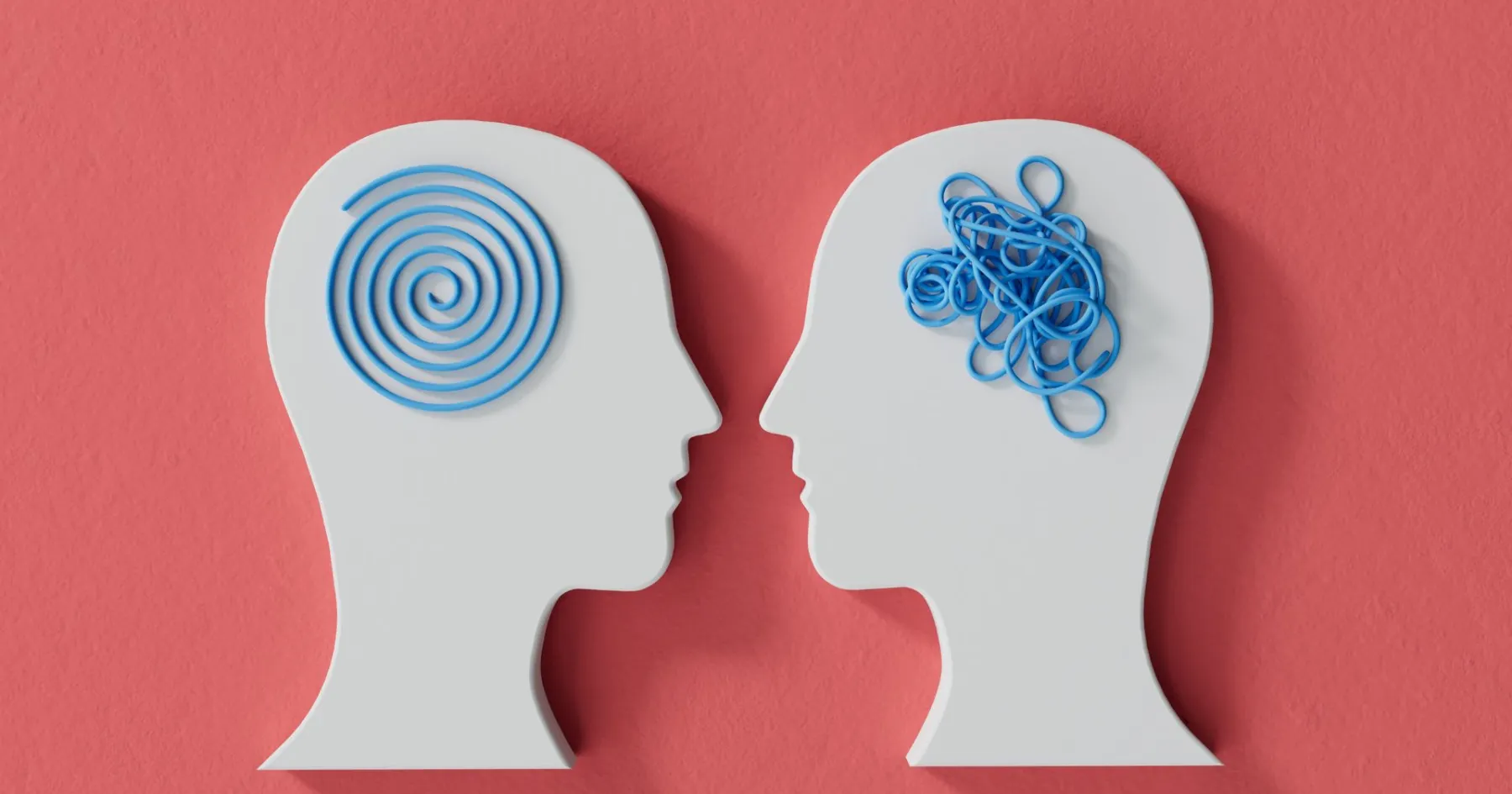
What is mental health?
What is mental health? The phrase “Mental Health” doesn’t only apply to diagnosed mental health conditions (e.g., depression). Everyone has mental health, and it can go through good and not-so-good phases – just like your physical health can too.
Mental health includes our psychological, emotional and our social wellbeing - in other words how we think, feel and behave. Our mental health determines how we make choices, handles life’s stresses, and relate to other people. It can vary over time and no two people’s mental health experiences will be the same.
It’s important that our mental health is looked after at every stage of our life from infancy to adulthood and can be influenced by a variety of factors such as genetics or life experiences.
 Student Mental Health Agreement (2024-2026)
Student Mental Health Agreement (2024-2026)
As part of the Scottish Funding Council’s outcome agreements, all colleges and universities are advised to create an agreement in partnership with their Students’ Associations that commits both parties to supporting student mental health and wellbeing. In 2024, we worked with the College to create an agreement which would run until the end of the 2026 academic year. This agreement was revised in August 2025 to reflect changes taking place at the college.
Commenting on the changes to the Student Mental Health Agreement, Anna Vogt, Assistant Principal Student Experience said:
Edinburgh College is proud to work alongside ECSA on our Student Mental Health Agreement. This partnership working means that we can embed the student voice in all of our mental health support and activity.
Academic session 24/25 brought many opportunities to enhance our collaborative working and to develop the services that we offer to our students. The College also continued (and still continues) to face financial pressure.
The current Student Mental Health Agreement referenced continuing the Student Counselling service for the duration of the agreement. Our Student Counselling team had been funded by external funding since the creation of the service and the College had hoped to be able to find the money to continue to the service. Unfortunately, this was not possible and the College took the difficult decision to close the Student Counselling service in June 2025.
Edinburgh College remains committed to supporting our student’s mental health and wellbeing and students can access support from a variety of teams, including the Safeguarding and Wellbeing team. Additionally, we continue to invest in staff training that is focussed on what our students are telling us they need support with. We are also working hard to build up referral processes and partnerships with external partners and this is a key focus for academic session 25/26.
You can view the 2nd Edition of the Student Mental Health Agreement here.
Mental Ill Health - Early Warning Signs
There is no physical test or scan that reliably indicates whether a person has developed a mental illness. However, people should look out for the following as possible signs of a mental health disorder:
- withdrawing from friends, family, and colleagues
- avoiding activities that they would normally enjoy
- sleeping too much or too little
- eating too much or too little
- feeling hopeless
- having consistently low energy
- using mood-altering substances, including alcohol and nicotine, more frequently
- displaying negative emotions
- being confused being unable to complete daily tasks, such as getting to work or cooking a meal having
- persistent thoughts or memories that reappear regularly
- thinking of causing physical harm to themselves or others
- hearing voices
- experiencing delusions
There are a variety of treatments that can be used to treating and managing mental health conditions and often more than one will be used to manage an illness. What works for any one individual, may not necessarily work for another and they may choose to seek different treatments at various stages of their life or illness.
It's important to work closely with medical professionals when choosing or changing treatments to ensure you have all the support and information you need.
Talking Therapies
This type of treatment can be carried out by a variety of professionals and takes a psychological approach to treating and managing mental health conditions. Some examples of this style of treatment are Cognitive Behaviour Therapy (CBT), counselling dialectical behaviour therapy and psychotherapy.
This type of treatment may help you understand the things that contributed to their mental illness and identify coping strategies and healthy though patterns to improve their mental wellbeing.
Most people referred through the NHS for therapy will most likely be offered CBT in the first instance.
Medication
While medication won't cure a mental illness it can lessen symptoms and allow individuals to cope better with work and home. However, some medication can make you feel worse rather than better, cause harm if too high a dose is taken or cause withdrawal. It's your right to refuse or choose to stop taking a medication but remember to discuss any changes with your doctor to manage any side effects or potential withdrawal symptoms.
Some examples of medications are anti-depressants, anti-psychotics, mood stabilisers and tranquilisers. Each have different purposes and are used to treat different mental health conditions or symptoms.
For every type of medications used to treat mental illness there are a variety of different medications that come under each. Some may work better than others, work with your doctor to find what works for you.
Alternative, complementary therapies and self care
While they may not be as effective at managing mental illness, they may work for some individuals in changing their lifestyle to ensure good mental wellbeing. Some examples of these are hypnotherapy, yoga, acupuncture and meditation.

The daylight app is an evidence based, NHS recommended digital treatment, which uses Cognitive Behavioural Therapy (CBT) to address worry and anxiety.

Silvercloud is an evidence-based pyscho-educational resources for adults and students, addressing stress, resilience, sleep difficulties, positive body image, money worries, and also resources for individuals providing support to anxious children and teens.

The Sleepio app is an evidence based, NHS recommended clinically effective online treatment that uses CBT to address poor sleep and insomnia, recommended by NICE as first line of treatment.



